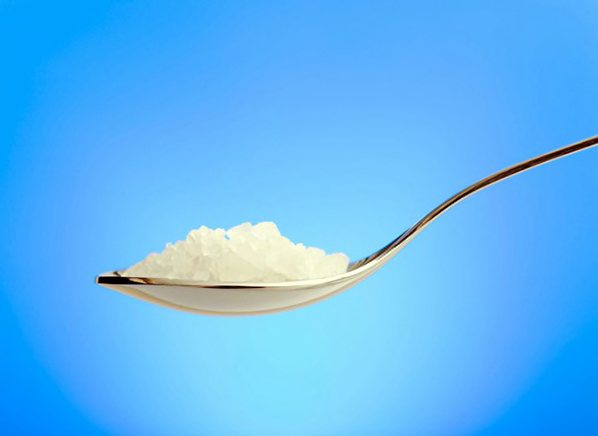Sign In

Menu
Suggested Searches
Recent Searches
Suggested Searches
Product Ratings
Resources
Chat With AskCR
Resources
All Products A-ZThe payment for your account couldn't be processed or you've canceled your account with us.
Re-activateMy account
Sign In
My account
Sign In


Q. My doctor has advised me to cut down on sodium. Should I switch from salt to a "light" salt or substitute? (And what's the difference, anyway?)
A. "Light" salts, such as Morton Lite Salt Mixture, contain a blend of regular ("table") salt—or sodium chloride, as you may remember it from chemistry class—and potassium chloride, which cuts the overall sodium content by about half. Salt substitutes, on the other hand, contain no sodium at all. Examples include Nu-Salt and No Salt, both made entirely of potassium chloride.
That could help you, if you're trying to cut back on sodium to lower your blood pressure. (See our advice on how much sodium you should consume.)
But don't expect faux salt to taste just like the real thing. When we tested four varieties a few years ago, we found that the ones made with potassium chloride had a bitter or metallic taste. So you might be better off using herbs and spices for flavor instead. If you're still craving a small salt fix, use a tiny amount of sea salt, which is coarser and provides less sodium than regular iodized salt, since fewer grains will fit in the same-size measuring spoon. A final note: If you have kidney problems, talk to your doctor before using a salt alternative (salternative?). Their high potassium content may make them unsafe for you.
—Jamie Kopf
A version of this article appeared in the December 2013 issue of Consumer Reports on Health.
 Build & Buy Car Buying Service
Build & Buy Car Buying Service
Save thousands off MSRP with upfront dealer pricing information and a transparent car buying experience.
 Get Ratings on the go and compare
Get Ratings on the go and compare
while you shop